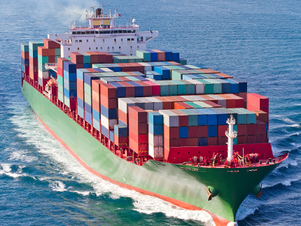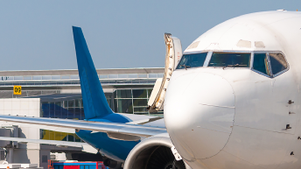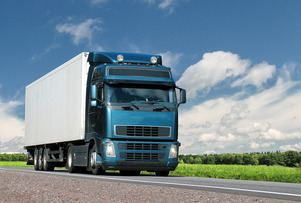Developing solutions for all modes of transport
It is particularly the traffic applications in the transport industry that are dependent on the development of renewable fuels in the near future. Without reFuels, they will certainly fail to make their contribution toCO2-reduction. And the recently tightened EU legislation provides for some severe penalties in this case.
This applies to shipping which accounts for around 90 percent of international freight transport worldwide. Most ships still use heavy fuel oil. Shipping is responsible for around three percent of the global share of CO2-emissions.
Also in air traffic must also take action: In the coming years, there will be mandatory blending quotas for sustainable aviation fuels, including penalties for non-compliance. The share of global CO2-emissions is around three percent.
The situation is similar in road freight transport. Here, too, stricter reduction targets and corresponding obligations are on the agenda. It is true that emissions per kilometer have fallen since 1995 thanks to better engine technology and fuel quality. However, mileage has increased by more than 30 percent. According to the Federal Environment Agency, absolute CO2-emissions from road freight transport actually increased by 23 percent between 1995 and 2021. Off-road applications are another ground-based mode of transport. Here, too, reFuels are likely to be the means of choice for CO2-reduction in the long term.
Another mode of transport that will be dependent on reFuels, at least for the time being, is rail transport.The proportion of non-electrified lines in the nationwide rail network is currently still around 29% (2019 survey). Diesel locomotives continue to run on these 13,000 kilometers. Even though these routes are far less frequented than the main rail routes equipped with overhead lines, greenhouse gases are still emitted here every day.




%20KIT_Markus%20Breig%20und%20Amadeus%20Bramsie-3.jpg)